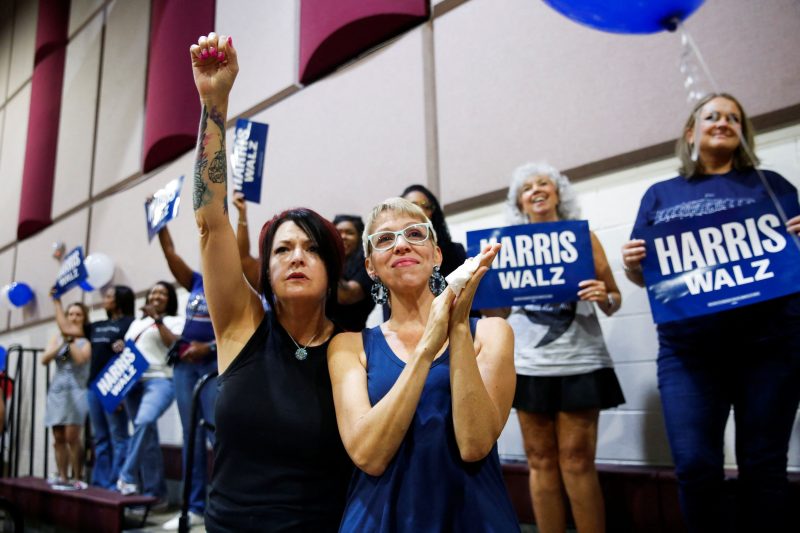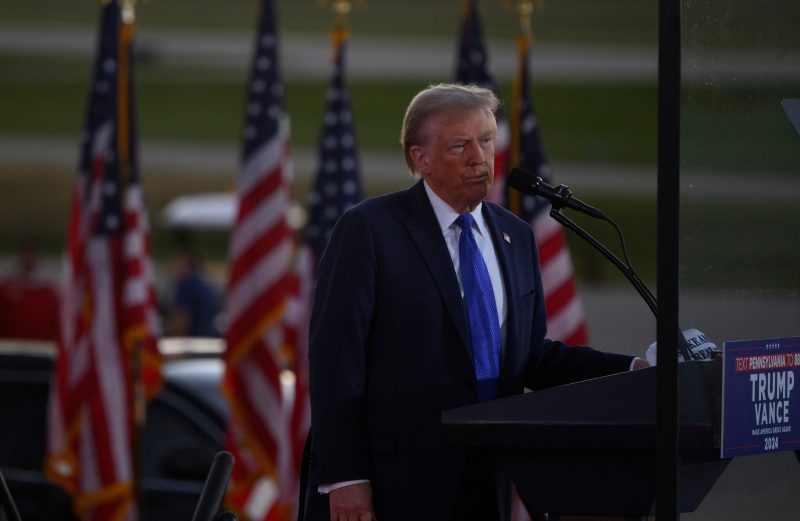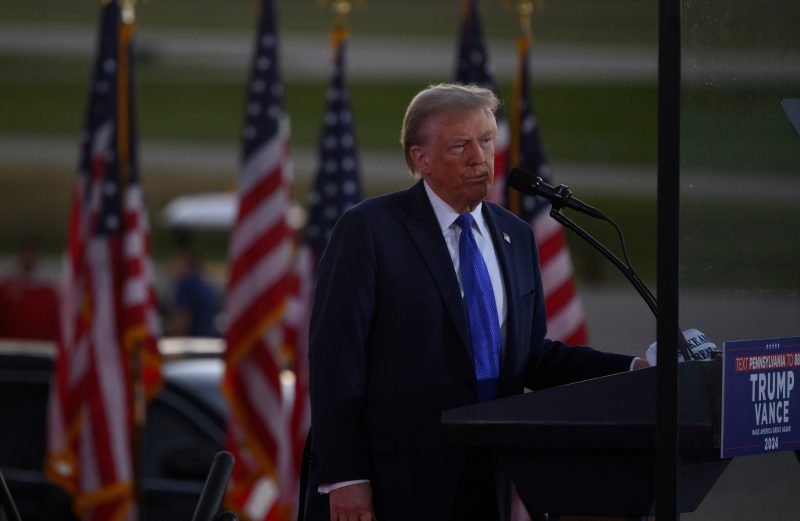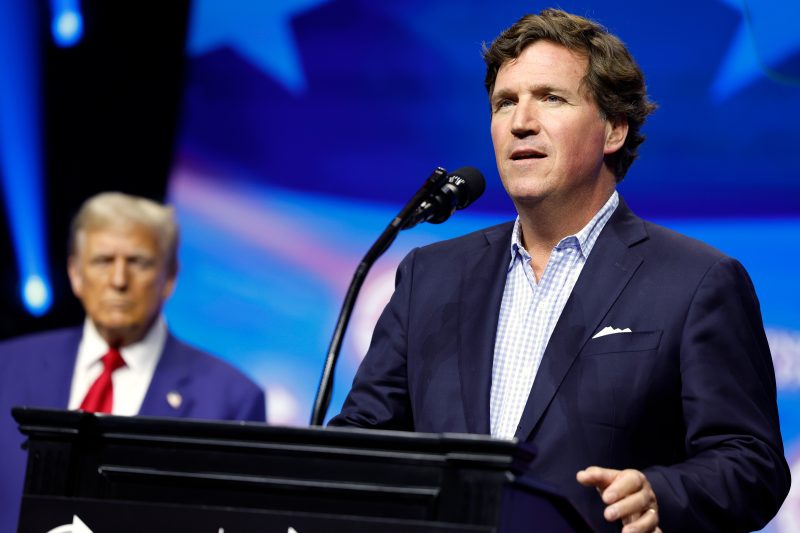
When voters consider gender, enthusiasm for Harris surges — among women
There are a number of reasons that conducting political polling is tricky. The one with which people are most familiar is that it’s not easy to contact respondents. (It is not the case, though, that pollsters rely on landline telephones to do so.) A more important consideration is that the results depend on the pollsters having a good sense of the electorate; that is, who’s likely to turn out to vote. That then informs how the results are weighted to be representative. So if the turnout model is off, the results will be, too.
Polling conducted well in advance of an election has another disadvantage: It’s hard to account for the effects of the campaign itself. Not just unpredictable elements but predictable ones, such as voters learning more about candidates’ backgrounds, biographies and priorities.
Or, say, voters considering the historic nature of a candidacy.
In August, The Washington Post looked at polling from Fairleigh Dickinson University that included a novel element, presenting poll respondents with subtle reminders about Vice President Kamala Harris’s race or gender before asking them their vote choice. Those who were given reminders were more likely to indicate that they preferred Harris.
Polling released this week by 19th News, conducted by SurveyMonkey, approached the issue slightly differently. That poll asked respondents whom they preferred, and found Harris with a three-percentage-point lead over former president Donald Trump. Then respondents were asked a follow-up question, measuring how enthusiastic they were about their votes.
Except Harris’s supporters were asked one of two different questions. Half were simply asked, “How excited are you to vote for Kamala Harris?” The other half were asked the same question, but with a lead-in: “Given that Kamala Harris will be the first woman to be president, how excited are you to be voting for her?”
In general, Harris supporters were slightly more likely than Trump supporters to say they were “very excited” to vote for their chosen candidate. When Harris’s gender was mentioned, though, there was a surge in enthusiasm for her — but only among women.
The size of the respondent poll allowed SurveyMonkey to break out a number of interesting and unusual demographic groups in its responses. It allows us to see, for example, that — in contrast to popular understanding — divorced men are less supportive of Trump (a four-point lead) than are married men (among whom Trump has a 12-point lead) or men overall (an eight-point lead).
It also allows us to see interesting differences in the shift in enthusiasm between Harris supporters who were (the end of the arrows below) and weren’t (the outlined circle) reminded of the history her election would make.
(Subgroups for which no data are shown were too small in number to warrant inclusion. There aren’t a lot of Democrats planning to vote for Trump, for example.)
The length of the arrows — the difference between those two groups — is not necessarily indicative of a huge shift. It may, instead, be a reflection of smaller groups having bigger margins of error, which happens in polling. But one can’t ignore that mentions of the history at stake had a broad effect on women that simply doesn’t appear with men.
As we noted with the Fairleigh Dickinson poll, this certainly doesn’t mean that Harris should predicate her appeals to voters on her gender. It may, however, be useful for the campaign to have targeted voices remind women of the history at stake as voting approaches.
Or, at least, that’s what this poll suggests at this point. And, as we know, polling is tricky.



